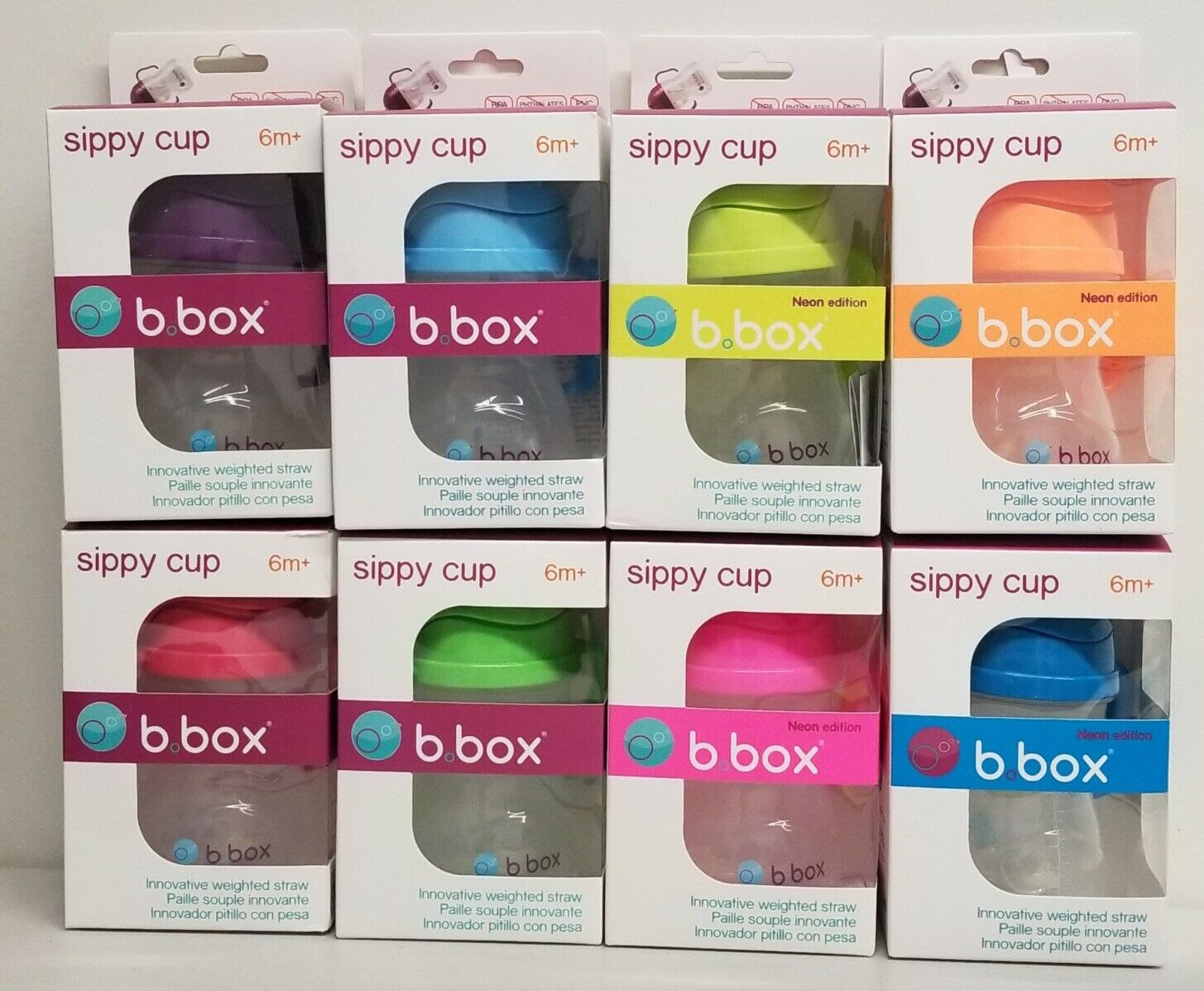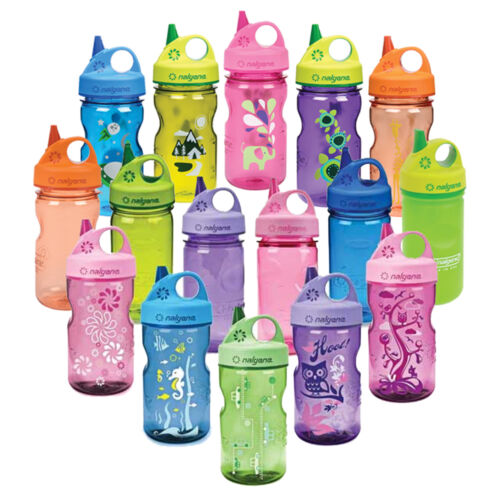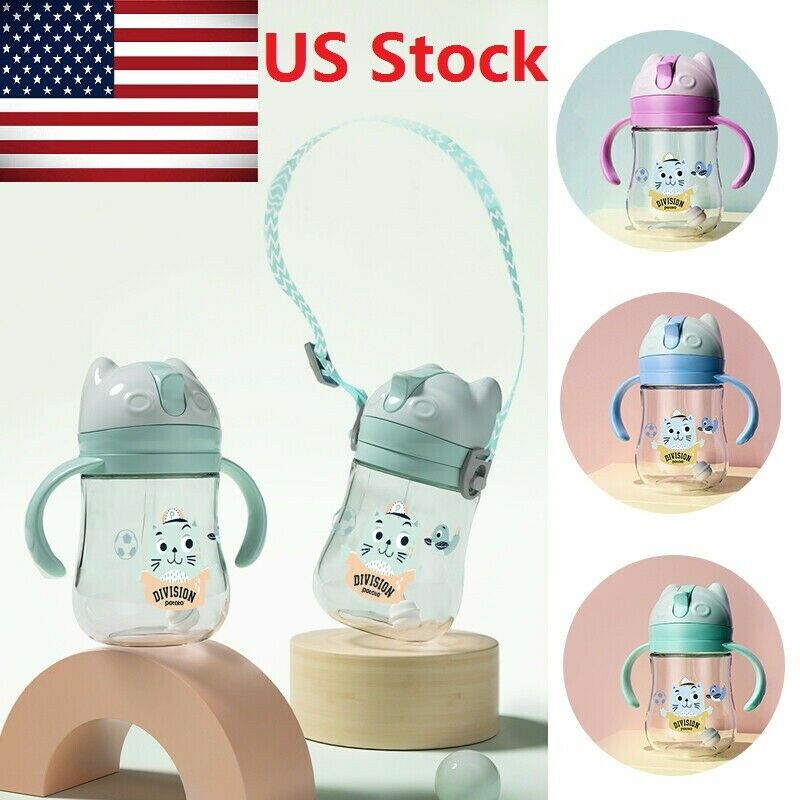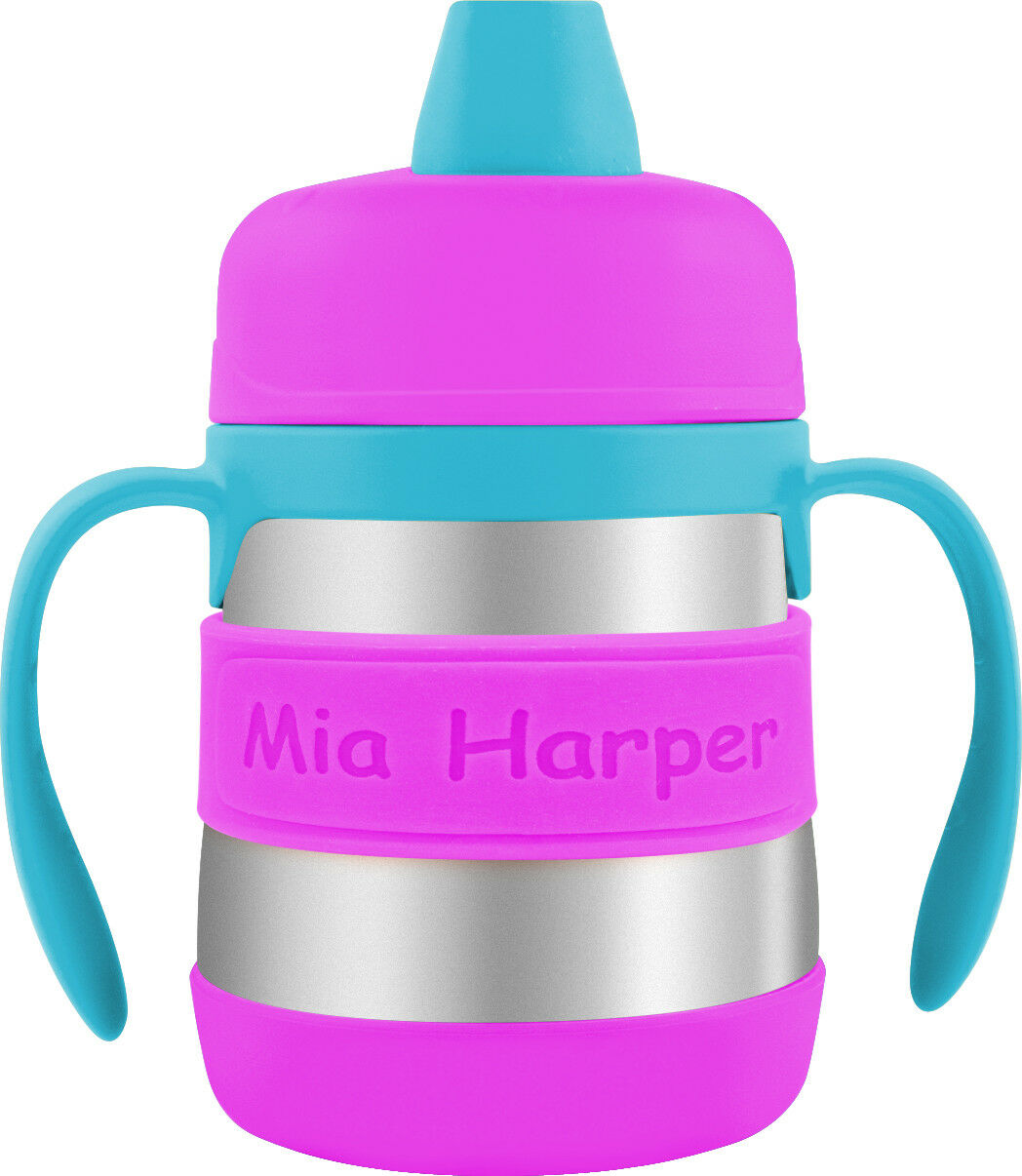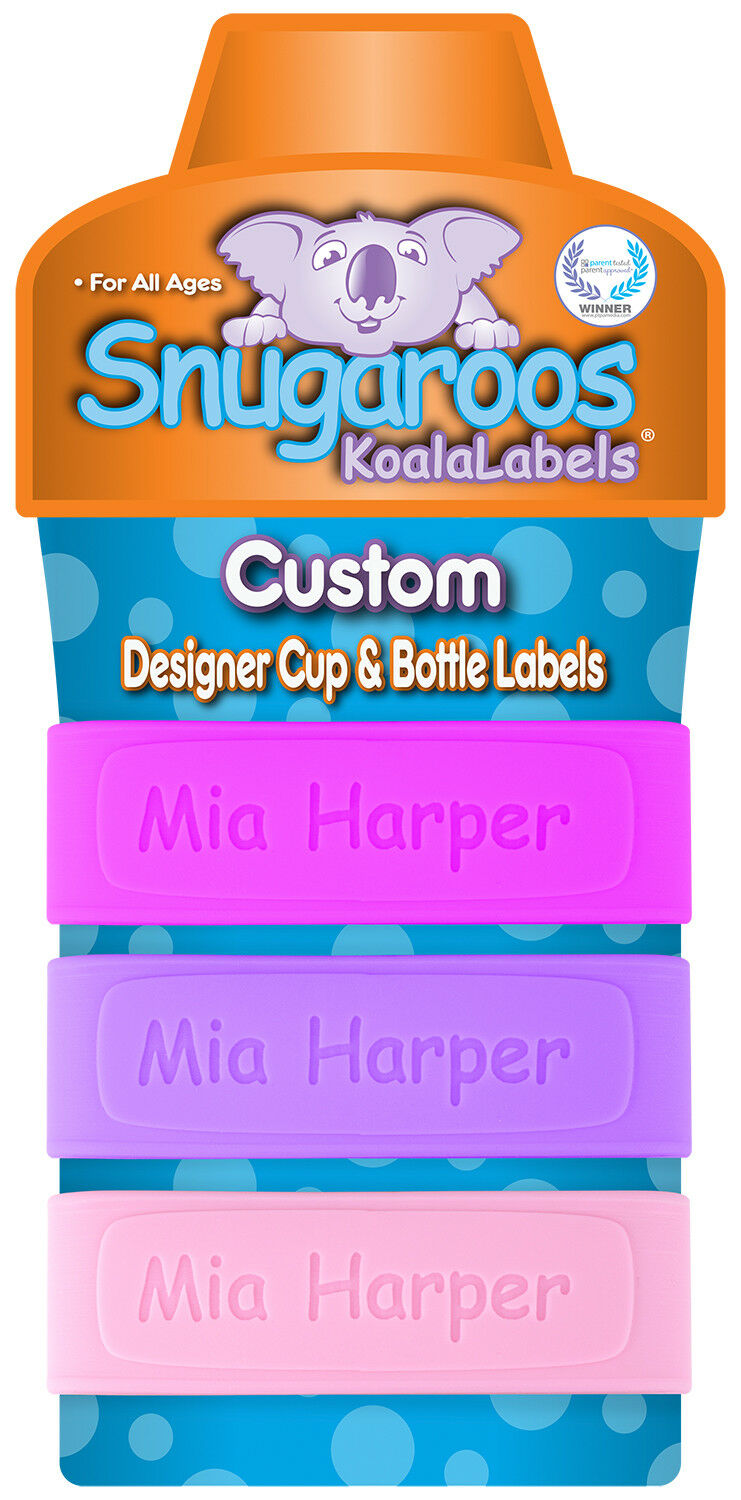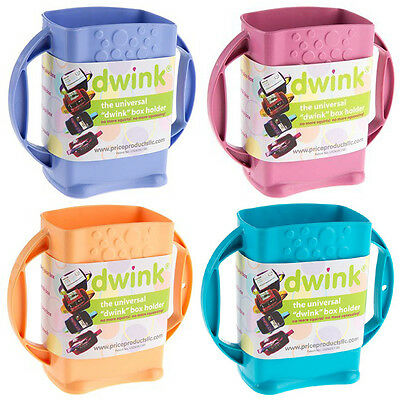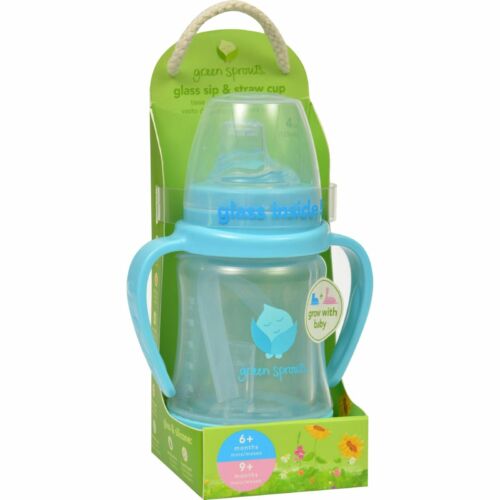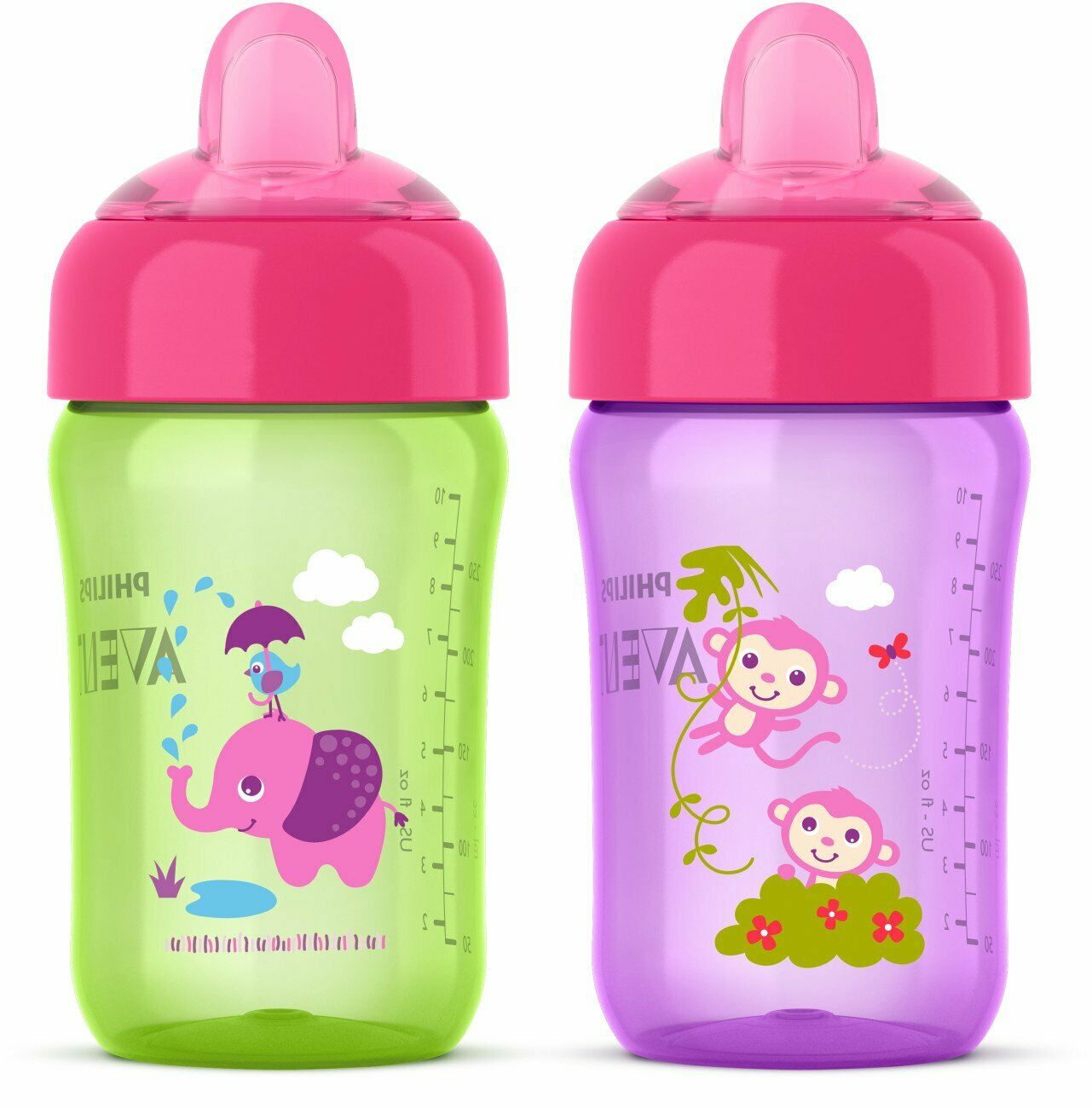-40%
Bickiepegs Doidy Transition Sippy Cup for Baby&Toddler kids (Slanted, Spoutless)
$ 5.7
- Description
- Size Guide
Description
Bickiepiegs Doidy Transition Sippy Cups for Baby and Toddler Kids with Slanted, Spoutless Early Learning Design andHandles, BPA free
Early Learning Toddler Cups
– Ideal for kids ages 3 months and up this baby sippy cup makes it easier for children to transition from bottles to drink cups thanks to a slanted design that reduces head tilting and improve balance, control, and stability.
Easy-Grip Hold Handles
– Our spoutless sippy cup doesn’t need a lid or a drink spout because of the unique slanted design and the long, ergonomic handles that make it easier for kids to grab, drink, and set it back down with less effort.
Help Establish Self-Confidence
– This sippy cup for babies and toddlers is a smart way to help children find more self-confidence when “doing it themselves” and helps you avoid more messes, which saves you time and effort while they learn and grow.
Heavy-Duty, BPA-Free Plastic
– Designed for durability and resilience our baby learning cups are made with BPA and phthalate free plastic that’s dishwasher safe, stain resistant, and more durable in case of small drops.
Exciting Colors for Girls and Boys
– The Doidy Cup is the perfect baby first cup thanks to an intelligent design and it comes in 10 brilliant colors to match their unique personality including red, blue, green, purple, pink, yellow, and more.
The transition from bottles to cups is made easier with a sippy cup designed specifically to support young children as they learn along the way.
When kids are finally ready to move from a bottle to a cup there are a million and one options out there. But none of them are as unique and effective at helping kids learn with confidence than the Bickiepegs Doidy Cup. A unique sippy cup designed for babies and toddlers ages 3 months and up this ergonomic “slanted” cup lets kids tip it over and drink straight from the top without needing to tilt their head or lean awkwardly. This helps reduce spills, improves stability, and increases self-confidence; all while making it easier for parents to wean children with a lot less mess. And it because it’s small, easy to manage, and works great for drinks or snacks, it’s the perfect choice for kids who are ready to be big boys and girls, just like mom and dad.
Product Details:
Early Learning Doidy “Sippy” Cup for Kids
Slanted Design for Easier Handling
Long, Ergonomic Grab Handles
BPA and Phthalate Free Materials
Stain Resistant and Dishwasher Safe
Available in 10 Different Colors
Help your baby and young toddler gain the confidence and stability they need to drink all on their own with the award-winning Doidy Cup designed specifically for early learners. Get one today by clicking Add to Cart above.
How to introduce the Doidy Cup
When first introducing the Doidy Cup use a small amount of liquid and hold the cup at the bottom. Place the rim on the lower lip to allow baby to take what she wants. Around 5 months the baby will take the handles and try to feed themselves more independently. The Doidy Cup is idea for milk, water and first foods such as fruit purees and vegetable soups.
There may be some spillages but remember this is the only way that baby will learn.
3 MONTHS
The process of drinking from the Doidy Cup uses the same natural jaw and tongue suckling movements as with breastfeeding. Thanks to its exceptional features the Doidy Cup may be used for feeding the baby with expressed or formula milk (leaving the baby’s suckling ability intact);
6 MONTHS
Health Professionals recommend the introduction of an open cup from 6 months of age. Breast or bottle-fed babies may be encouraged to drink from the Doidy Cup. Learning to drink from the Doidy Cup at a young age can allow the move from breast to cup without the introduction of a spout or teated bottle.
12 MONTHS
Bearing in mind Health Professionals and Government recommendations for complete bottle elimination by the age of 1 year, it is often the case that infants want to independently drink from an open cup, to be part of the social eating experience and to show how clever they are!
When travelling it is recommended that all drinks should be kept in a separate sealed container and the cup in a plastic bag and washed after use. Discard any drink that has been contaminated with saliva as it is open to bacteria.
FOR BREAST FED & BOTTLE FED BABIES
– Critically, the Doidy Cup is suitable for breast fed babies and for bottle fed babies alike from three months. If you are feeding your baby a combination of breast and expressed milk you can use a Doidy Cup instead of a bottle as it uses the very same suckling action of the tongue as breast feeding. Bottle feeding requires baby to learn a different action of the tongue, one with a strong sucking action rather than suckling and may lead to confusion if you are interchanging between breast and expressed milk. Equally, if you are weaning your child and starting open cup training it makes sense to move straight to the Doidy Cup’s open rim.
CRITICAL SKILLS & HEALTH BENEFITS
– Not only does drinking from the Doidy Cup encourage good oral movements and help babies develop swallowing skills, it also helps hand eye co-ordination, aiding infants to learn how to place a cup down properly. In fact, Health Professionals promote the use of an open cup such as The Doidy Cup to help prevent many conditions that may occur from prolonged use of a teat or spout. This can include premature tooth decay (early dental caries) and speech problems, with speech therapists even using the Doidy Cup to teach lip and tongue control. Bottle fed children have an increased probability of iron depletion compared with cup fed children (see Health Professionals references).



